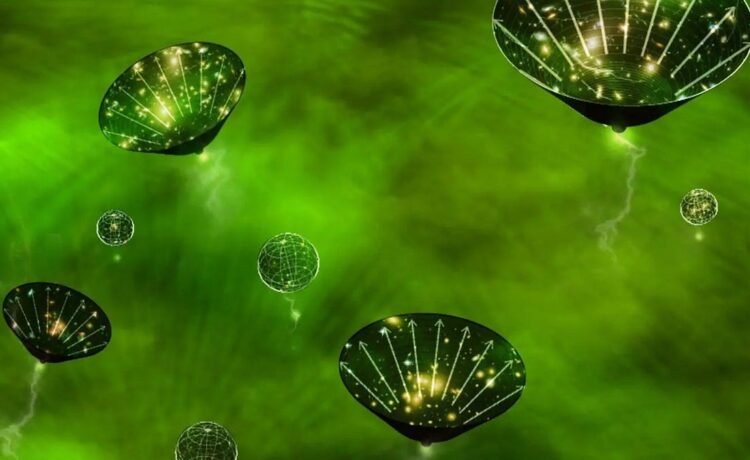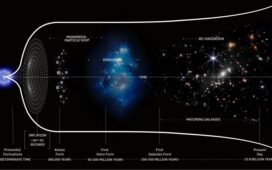Once you cross a black hole’s event horizon, there’s no going back. But inside, could creating a singularity give birth to a new Universe?
Black holes represent some of the most mysterious objects in our Universe. Although they were predicted even before General Relativity was put forth — and even though thousands of them have now been spotted all throughout the Universe — we can only see what happens outside of their event horizons. Their interiors are forever cut off from us by the presence of an event horizon: a boundary separating what can interact with the outside Universe from what cannot. Inside of every black hole, a singularity is theorized to exist: a location where the laws of physics themselves break down, and where even space and time as we know them cease to exist.
On the other hand, our Universe could have initially emerged from a singularity, giving rise to a state of cosmic inflation followed by what we recognize as the hot Big Bang: the starting point for all of the known matter and radiation that’s arisen within our observable Universe. Is it possible that these two concepts — a forming black hole on one hand, and the emergence of our observable Universe on the other — are related? That’s what two…















